Moving Guide to Raleigh, NC
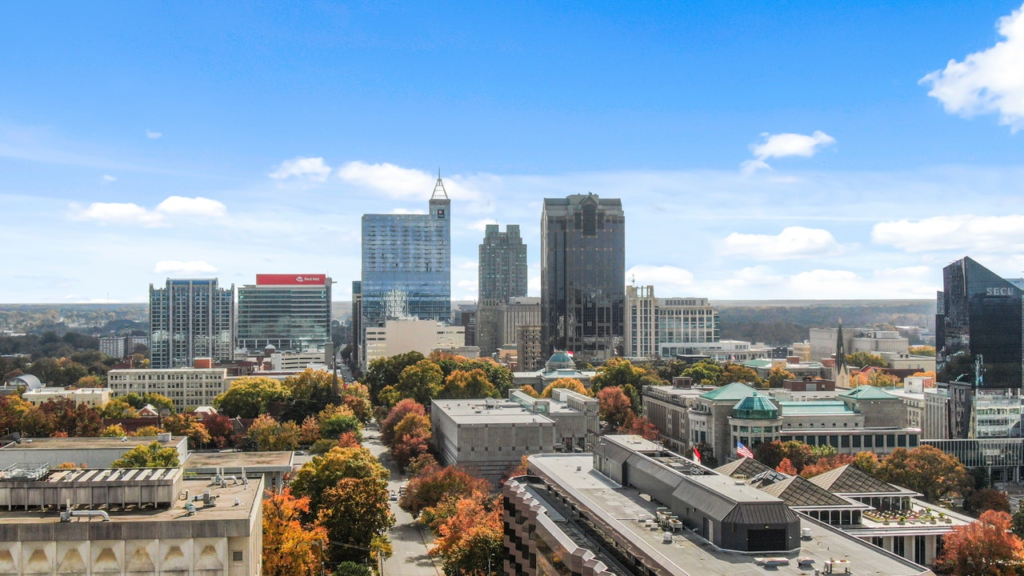
Considering a move to the “City of Oaks”, Raleigh, NC? We’ve answered some of the most pertinent questions you might have before you make the move to one of North Carolina’s fastest-growing cities.
Raleigh Cost of Living
Raleigh, NC is considered to have a relatively affordable cost of living compared to other major American cities. According to data from Numbeo, a website that collects user-contributed data on the cost of living in various cities around the world, Raleigh ranks as the 139th most expensive city out of 447 cities in the United States.
Compared to other major cities in the United States, Raleigh’s cost of living is generally lower than cities like New York City, San Francisco, and Boston. However, it is important to note that cost of living can vary significantly based on factors like housing costs, transportation costs, and the cost of goods and services in a particular area.
Some specific cost comparisons for Raleigh, NC, based on Numbeo’s data as of March 2023, are:
- Rent for a one-bedroom apartment in the city center: $1,150
- Monthly utilities for a 915 square-foot apartment: $149
- Monthly public transportation pass: $45
- One liter of milk: $0.84
- One loaf of bread: $2.97
- One dozen eggs: $2.30
- One kilogram of chicken breasts: $8.81
Again, it’s important to note that these costs can vary depending on a variety of factors, including location within the city and personal lifestyle choices.
Raleigh Schools
Public Schools: Raleigh is served by the Wake County Public School System (WCPSS), which is the largest school district in North Carolina and one of the largest in the United States. WCPSS operates 187 schools, including elementary, middle, and high schools, as well as specialized schools such as magnet schools, early college high schools, and year-round schools. Overall, the district is highly regarded for its academic programs and has a strong commitment to diversity, equity, and inclusion.
Private Schools: There are also several private schools in Raleigh, including:
- St. David’s School: A co-ed Episcopal school that serves students in pre-kindergarten through 12th grade. The school is known for its rigorous academic programs and emphasis on character development.
- Ravenscroft School: A co-ed independent school that serves students in pre-kindergarten through 12th grade. The school has a strong focus on innovation and technology and offers a range of academic programs, including Advanced Placement courses and the International Baccalaureate program.
- Cary Academy: A co-ed independent school that serves students in grades 6-12. The school has a reputation for academic excellence and offers a wide range of programs, including STEM courses and the Global Studies program.
- Triangle Day School: A co-ed independent school that serves students in pre-kindergarten through 8th grade. The school offers a challenging academic curriculum that emphasizes critical thinking and problem-solving skills.
These are just a few examples of the private schools available in Raleigh. It’s worth noting that private school tuition can be quite expensive, and admission to these schools may be competitive. Families interested in private schools should research their options carefully and consider factors such as cost, location, and academic programs before making a decision.
Raleigh’s Parks
Raleigh’s green spaces are treasured by residents and visitors to the city alike. Here’s a short list of some of its brightest gems:
- William B. Umstead State Park: This 5,579-acre park is located just outside of Raleigh and offers miles of hiking and biking trails, fishing, boating, and camping. The park is also home to several picnic areas and a visitor center.
- Pullen Park: Located near downtown Raleigh, Pullen Park is a popular destination for families. The park features a carousel, train ride, paddle boats, and playgrounds, as well as picnic areas and walking trails.
- Lake Johnson Park: This 300-acre park features a 150-acre lake that is perfect for fishing, kayaking, and canoeing. The park also has hiking and biking trails, picnic areas, and a community center.
- Dix Park: This 308-acre park is located in downtown Raleigh and offers stunning views of the city skyline. The park is currently being developed and will eventually include walking trails, a multi-use lawn, and a variety of cultural and recreational events.
- Shelley Lake Park: This 144-acre park features a 2.2-mile walking trail around a scenic lake, as well as picnic areas, playgrounds, and a community center.
- Historic Yates Mill County Park: This park is home to a restored gristmill that dates back to the mid-1700s. The park also features hiking trails, fishing, and picnicking areas.
Best Neighborhoods in Raleigh
Raleigh has many desirable neighborhoods to choose from, depending on your preferences and lifestyle. Here are some of the best neighborhoods to live in Raleigh:
- Downtown Raleigh: If you enjoy being in the heart of the action, Downtown Raleigh is a great option. With plenty of restaurants, shops, and entertainment options, there’s always something to do. Downtown Raleigh is also home to many of the city’s festivals and events.
- North Raleigh: North Raleigh is a suburban area with plenty of green space and quiet residential neighborhoods. The area is known for its great schools and family-friendly amenities, including parks, community centers, and sports facilities.
- Cary: Located just outside of Raleigh, Cary is a popular choice for families and young professionals. The town has a vibrant downtown area, with plenty of shops, restaurants, and entertainment options, as well as great schools and parks.
- Brier Creek: Brier Creek is a newer development located in North Raleigh. The area offers a mix of townhomes, single-family homes, and apartments, as well as a shopping center, restaurants, and a movie theater.
- Five Points: Five Points is a historic neighborhood located just north of downtown Raleigh. The area features beautiful tree-lined streets, historic homes, and a mix of shops and restaurants.
- Cameron Village: Located near NC State University, Cameron Village is a popular neighborhood for students and young professionals. The area offers a mix of apartments, condos, and single-family homes, as well as plenty of shops, restaurants, and entertainment options.

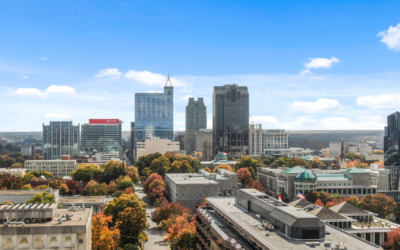
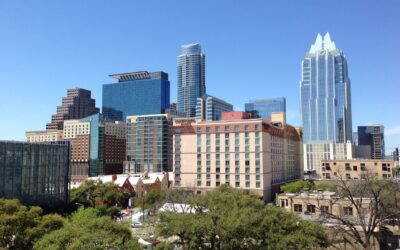
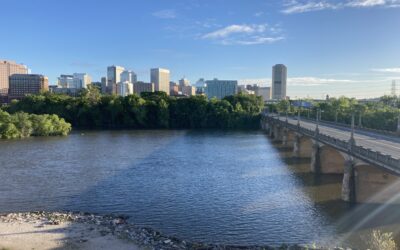
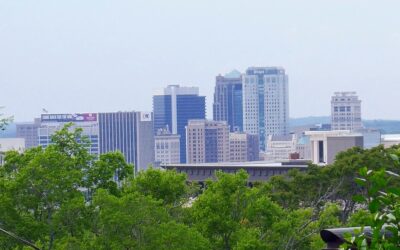
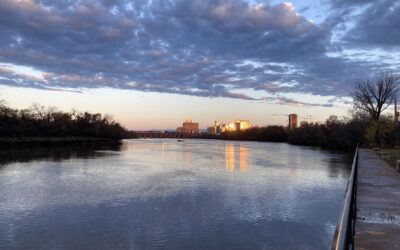

Recent Comments